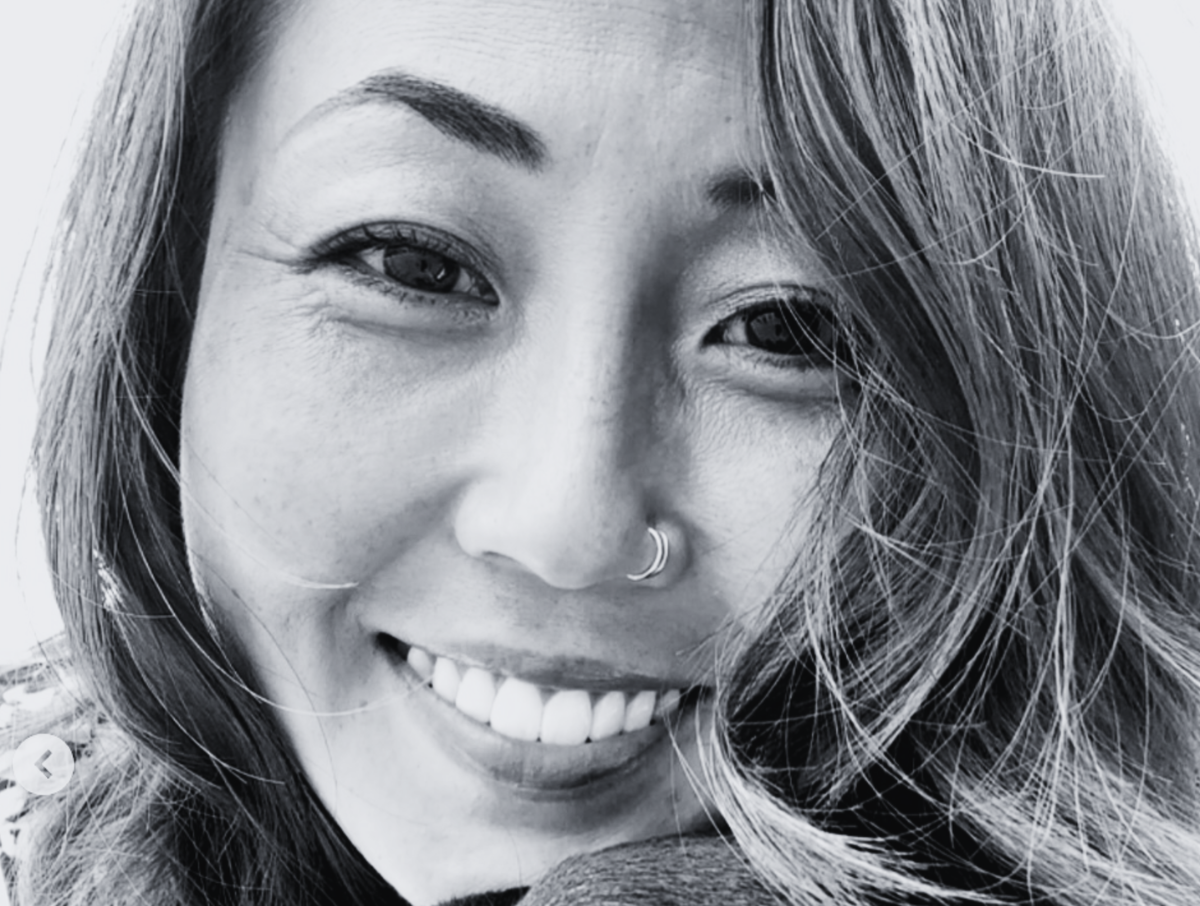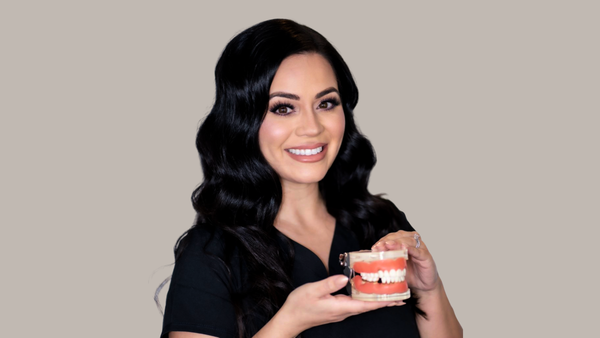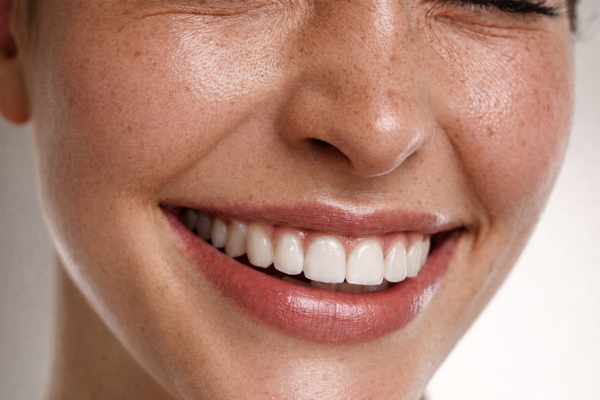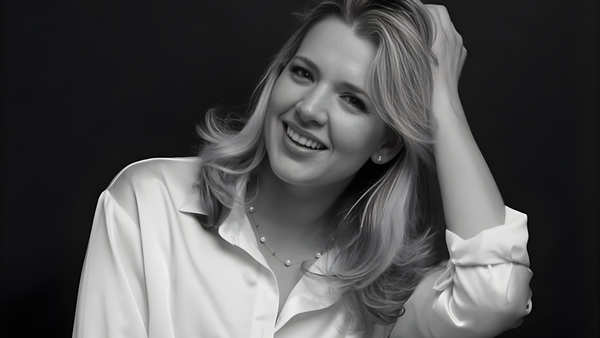I Wasn’t Just Tired — I Was Disappearing

By Heather DeJonge
It was the evening of Halloween 2018, and I had just gotten home after working a full day of hygiene at my office in downtown Denver. Family was in town and we had planned on heading over to the local climbing gym for a night full of laughs (the costumes were always hilarious).
The idea had sounded fun a couple of weeks ago; I mean, it sounded fun ten hours before when I was starting my day. But now, after a full day of work and hitting my daily word quota by 11 a.m., my attitude had changed. As my husband was getting everything ready, I felt a lump in my throat begin to swell. It had been there for a while — same as the pulsing behind my eyes that kept back daily tears of frustration and exhaustion from bursting forth. I couldn’t breathe; I couldn’t catch my breath. That’s when the floodgates broke.
What followed was wave after wave of emotion that had only surfaced a few times in my life. I was beyond tired. My husband had gone back to school full-time and had been pulling 14-hour days. I was working clinically five days a week, and struggling with my health. I was frustrated. I had no time (or energy) to give to myself. Hobbies were forgotten. Friends were ignored. All I wanted was for someone to knock me out for the next few years so I could actually rest.
As I swung wildly between streaming tears of overwhelm and screams of frustration, I also felt a new sensation. It was dark and hopeless; it made me want to just stop. I had never experienced depression and its heaviness was both visceral and terrifying. I didn’t end up going climbing that evening. My husband stayed home to comfort me and help settle me down. And as much as I would like to say that this was when I realized I was burned out and started to get help, I cannot.
In 2018, I had been a practicing dental hygienist for about nine years and when the events of Halloween unfolded, I realized that the words being screamed and the emotions being incoherently sobbed were things that had already been brewing for a couple of years.
But burnout wasn’t the buzzword that it is now in 2025. I didn’t know what burnout was or how devastating it can be; I didn’t understand the signs or symptoms to look out for. And I certainly didn’t know how to prevent or recover from it. I also didn’t know any hygienists who were having outbursts or who were spending their entire weekend in bed like Charlie’s Grandpa Joe in Charlie and the Chocolate Factory. I felt ashamed and embarrassed, like I had completely failed at life (a perfectionist’s recurring nightmare). But worse, I felt alone.
My shame and embarrassment were isolating. How could I bring up my struggles without compromising my professional integrity as a capable hygienist? Why even bother sharing these new, invasive, painful thoughts and emotions with anyone because I MUST be the only one feeling this way. This must be what your 30s feel like — always declining invitations, always tired, depressed, and easily irritated. I guess this is just life; I better suck it up and just put my head down. Well, spoiler alert: that only dug me deeper into burnout.
When I talk about stress and burnout as a stress management, burnout, and wellness consultant, I start off by explaining the relationship between the two. There are five stages that we move through to reach burnout: the Honeymoon Phase, the Onset of Stress, Chronic Stress, and then Burnout (yes, that’s only four — we’ll get to the fifth later). For many, including myself, it can be difficult to make a distinction between chronic stress and burnout, and that was my first mistake. I thought that my lack of motivation and loss of purpose, and my extreme exhaustion and depression were signs of chronic stress when in fact those are major indicators of burnout. The fifth stage of burnout is called Habitual Burnout, and it is the very deepest pit and final stage of burnout. That is the stage that I was stuck in for years.
It was an early Tuesday morning working in the operatory, so I hopped into the shower like any other morning. But this morning I felt “off.” I couldn’t put my thumb on it. But that was the morning that my body and brain stopped screaming at me to slow down and rest, and instead they mounted a full-blown panic attack and then simply powered down.
The next couple of months were a painful, frightening blur that were fully supported and run by my husband. I lost the ability to feed myself and brushing twice a day was absolutely not happening. I struggled to sleep for more than a couple of hours at a time, and that was only after I made a nest of pillows and blankets on the floor next to the bed to curl up in. Going outside was physically and mentally painful — I felt exposed and threatened, especially because I had developed an uncontrollable, full-body twitch, and my cognitive abilities like talking, remembering, and comprehending were fried. Even if I wanted to talk to a friend or neighbor, it was embarrassing to forget, mid-convo, simple words or even what we were talking about.
The person in the mirror staring back at me was no one that I had ever met. She was scared and fragile, confused and sad, depressed… but she had never given up hope. I’ve always been a determined person, just like so many other hygienists, and I may not have known what the future had in store for me. But I did know that I wasn’t going to let burnout take MY life and dreams away from me.
I turned to cognitive practices like meditation and mindfulness exercises, trauma therapy like EMDR (Eye Movement Desensitization and Reprocessing) and its different tools, and Somatics — which is the study of trapped stress and trauma in the body. I changed my self-talk to one of grace, patience, and self-love. I showed up every day to learn, practice, and integrate my toolbox of newly discovered skills. And slowly, I began to build back my confidence, increase my tolerance, and crawl out of this dark hole that I had been living in for far too long.
I didn’t work hygiene for six months, and recovery still continued after that. And I would be lying if I told you that I no longer have to worry about burning out or that I was able to toss my recovery tools out the window. That’s not how recovery and prevention work. That’s not how LIFE works with its ups and downs and ebbs and flows. However, I am here to share my story, my passion for well-being, and support for my Hygiene Fam as they navigate through the stresses and struggles of dental hygiene. Most importantly, I am here to stand up and remind hygienists: You are NEVER alone.




